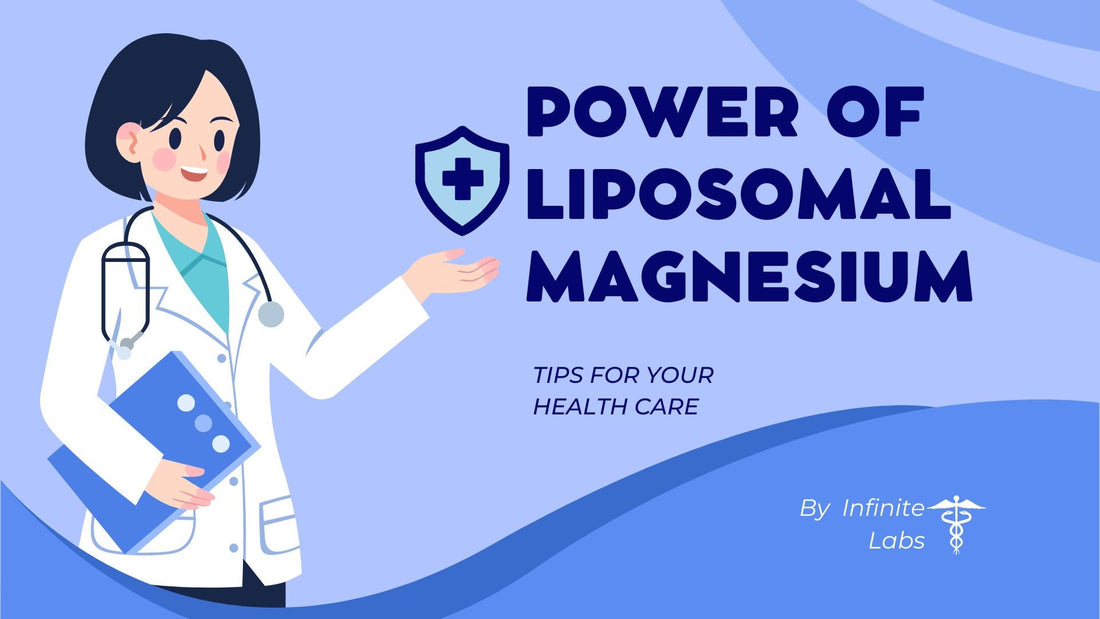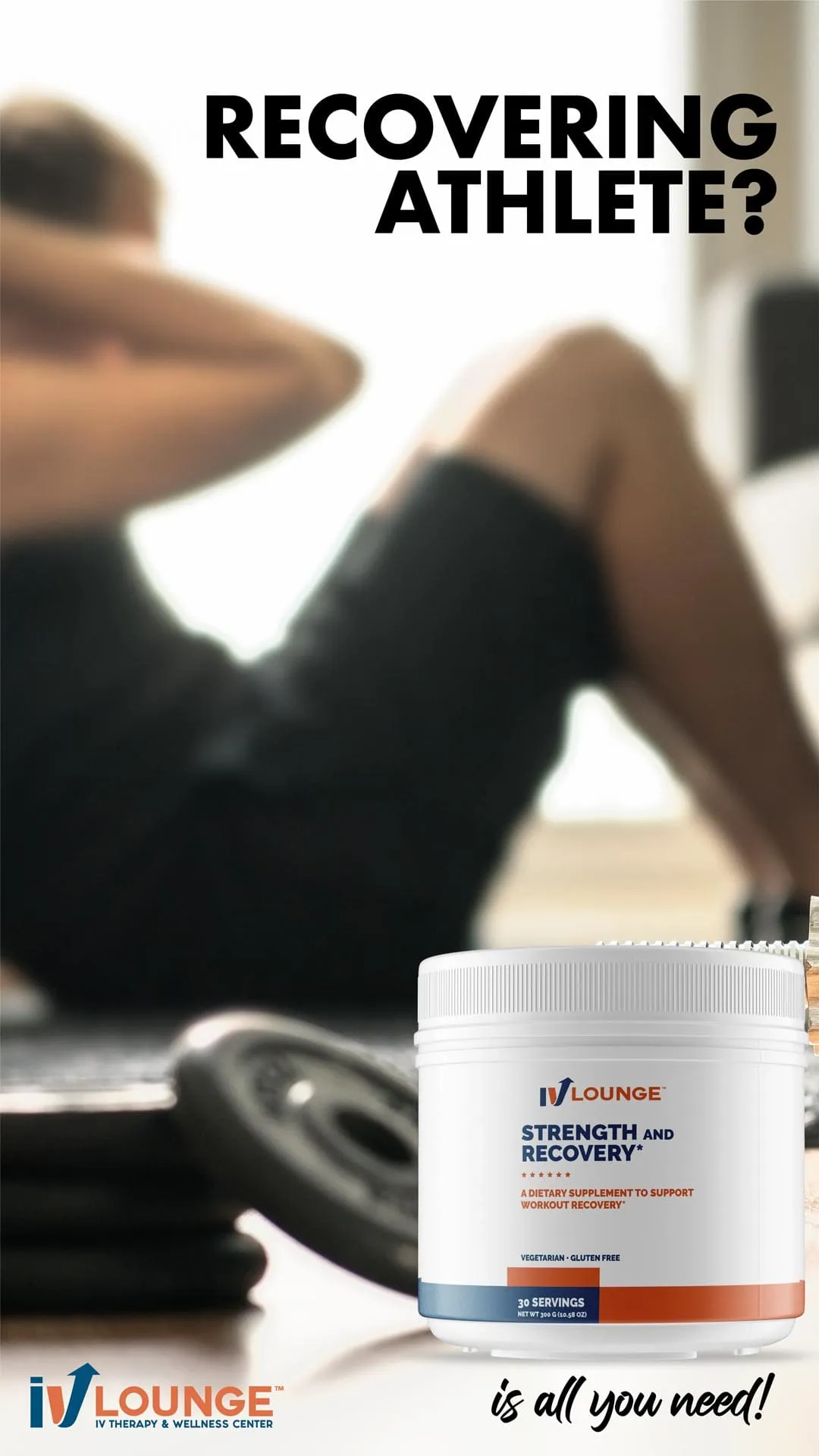If you look through the TRT forums throughout the internet, you may notice a common question that comes up. That question is whether or not TRT can make you hungrier.
Many people within these forums say their hunger is unbearable and that they find themselves being hungry an hour or so after eating a big meal.
If you find yourself feeling like these people after starting TRT, it’s important to understand the potential connection between Testosterone Replacement Therapy (TRT) and changes in appetite.
In this article we’ll dive into why you may be feeling more hungry and how you should approach it.
Will TRT Make You Hungrier?
The answer to this question is yes. When you are on Testosterone replacement therapy, your body gets better at creating muscle and losing fat.
The more muscle your body builds, the faster your body burns energy. This is considered having a “higher metabolic rate”.
So, simply because of the fact that your body is working harder, you may start to feel extremely hungry, especially after starting TRT.
If you’re feeling this way, there are some things you could do in order to cope with this increased appetite. In the next section we will go over what those things are.
Drink Plenty Of Water
When you drink plenty of water, it can help you manage your appetite and cravings by making you feel fuller. So before you have any meals, make sure to down a good amount of water in order to reduce the amount of food you eat.
Maintain a Balanced Diet
TRT only does part of the work, you also need to make sure your diet is on point as well. Here’s why.
It Supports The Body Composition Changes
As we’ve already mentioned TRT leads to increased muscle mass and loss of fat. It’s important to consume a diet filled with high protein, complex carbs, healthy fats, and whole grains to support your new found muscle mass. The protein aspect is very important due to the fact that protein supports muscle mass.
It Regulates Your Energy Levels
On TRT, it’s likely that your body may require more energy. A balanced diet ensures a steady supply of energy from various sources. Eating processed foods high in sugar and unhealthy fats can lead to energy spikes followed by crashes, which can be especially problematic when on TRT.
A balanced diet makes you feel more full.. This is because foods that are high in protein and fiber are generally more satiating. Protein is actually the most filling macronutrient, so having a diet high in protein not only supports your new found muscle mass but could also help in controlling your hunger levels. Foods rich in fiber, like fruits, vegetables, and whole grains, also play a crucial role.
Maintains Overall Health
You shouldn’t just eat a balanced diet because you’re on TRT, you should have a balanced diet to also improve your overall health. Maintaining a balanced diet that is rich in various macronutrients could also help with heart health, bone health, and more. Due to the fact that TRT could have some effects on cardiovascular health it’s important to focus on foods that support heart health. This includes consuming plenty of fruits and vegetables, whole grains, lean proteins, and healthy fats, particularly those rich in omega-3 fatty acids like fish, nuts, and seeds.
Conclusion
To wrap things up, it is common for people on testosterone replacement therapy (TRT) to experience increased hunger and appetite. This is largely due to the muscle-building and metabolic effects of additional testosterone in the body.
To manage the heightened hunger levels, it is important to drink plenty of water, maintain a balanced diet, and ensure adequate protein intake. Eating a diet rich in protein, healthy fats, complex carbs, fruits, vegetables, and fiber can help support the body composition changes from TRT. It also enhances energy levels, regulates appetite, reduces potential side effects, and supports overall health.
Additionally, mental health considerations like mood stability may be aided by sufficient B vitamins, omega-3s, blood sugar regulation, and avoidance of heavily processed foods.
In the end, a multifaceted dietary approach can go a long way toward making TRT more comfortable and effective. Paying attention to nutrition allows the body to thrive through the metabolic shifts that accompany this therapy. By taking a proactive stance on diet, many of the hunger challenges can be offset.









